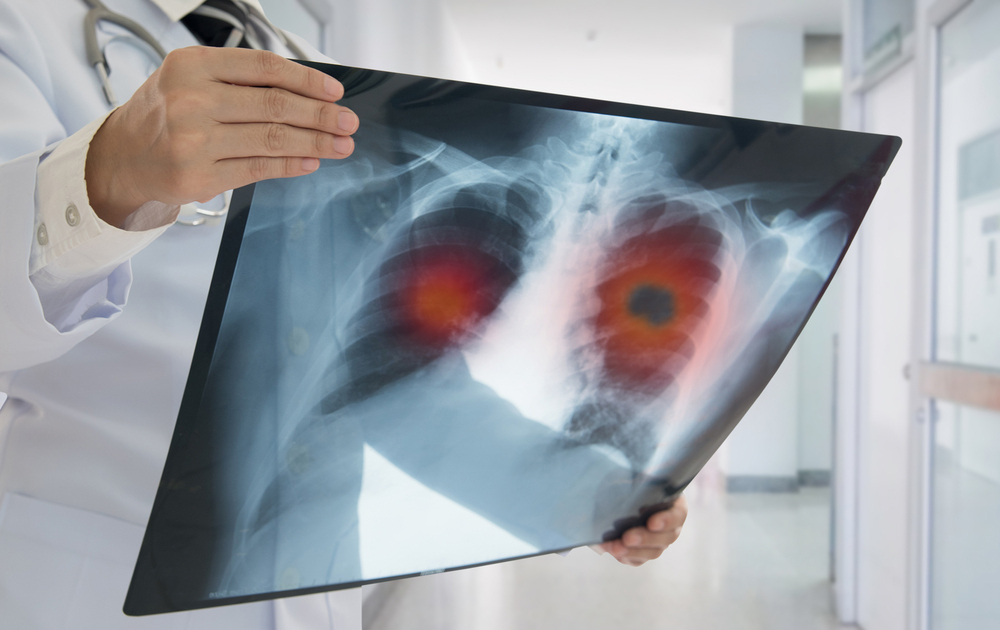
Introduction
Lung cancer is a serious condition that affects millions of individuals worldwide. It occurs when abnormal cells grow uncontrollably in the lungs, often leading to symptoms such as persistent cough, chest pain, and shortness of breath. Lung cancer develops when cells in the lungs mutate and form tumors. There are two main types: non-small cell lung cancer (NSCLC) and small cell lung cancer (SCLC). NSCLC is the most common form, while SCLC grows more rapidly. Understanding the types and stages of lung cancer is crucial for effective diagnosis and treatment.
Diagnosing Lung Cancer:
Early detection is crucial for successful treatment of lung cancer. Several diagnostic procedures may be utilized, including:
- Imaging tests (such as X-rays, CT scans, or PET scans) to visualize the lungs and identify any abnormalities.
- Sputum cytology, which examines mucus samples for cancer cells.
- Biopsies, where a small tissue sample is examined under a microscope to determine if it's cancerous.
Treatment Options:
The treatment plan for lung cancer depends on various factors, including the individual's type, stage, and overall health. Common treatment options may include surgery, radiation therapy, chemotherapy, targeted therapy, or immunotherapy. Your healthcare provider will help you choose the best treatment based on your situation.
Guidance and Support:
A lung cancer diagnosis can be overwhelming for patients and their loved ones. Seek support from healthcare professionals, support groups, or counseling services to help navigate through this challenging time. Remember, you are not alone; resources are available to provide guidance, emotional support, and information about coping strategies.
Conclusion:
Educating yourself about lung cancer, from understanding its types to recognizing common symptoms and seeking timely diagnosis, is crucial for early detection and effective treatment. Consulting a healthcare professional is essential for accurate diagnosis and personalized guidance.
Don't let uncertainty consume you. Take the first step toward a potential diagnosis by contacting Dr. Dhiraj Jain. Your health and well-being are our top priority. Remember, early detection can make a significant difference in lung cancer outcomes. Consult Dr. Dhiraj Jain today to get the guidance and support you need.